At this particular historical juncture, when even the country that created a government ‘by the people and for the people’ is ineffective in combating multiple and blatant injustices, the discourse on social justice itself must be completely transformed. If not, we lose it! So what is it that can actually change this self-defeating quibbling and troubling lack of action? The answer is actually a short one—social integrative power. We all know quite a bit about political threat power, and we also know about economic coercive power. But we need to know and understand more about social integrative power. It is this power that connects us as friends and family, communities, cultures, and societies of the planet Earth. It is this power—if we learn how to use it—which can substantively contribute to the peaceful resolve of the many complex powder-keg problems that currently confront us. Thus, the purpose of this Social Power Blog is to mutually engage in a reflection on social integrative power as a means of creating sustainable social justice.
Economic power and political power, particularly as utilized in democratic societies with its defined power limitations and its notions of rights and accountability, have served us quite well over the past few centuries. For example, the apparent power of the market and the political state system are based upon systemic structures and institutions that have existed for several centuries. But as economic and political instability begin to spread through numerous nations—from Greece, to the Arab Spring, to Kiev—we begin to see their limits. Economic and political systems may be able to maintain power and perhaps legitimacy, but they are definitely not able to create it—not even with democratic elections. “In destabilized and disrupted situations only two processes will work: use of brutal physical domination or use of social integrative power” Social Justice and Deep Participation is purposely aimed at academic social theorists and social justice participation practitioners, or any group or persons who want to effectively promote greater peace and justice in their communities and nations. But the central idea of deep participation and its resulting “social integrative power” also has a compelling capacity that can be applied right now to current problems and so it deserves, I believe, a higher profile. Problems to be solved include many possibilities: (i) from making sure that no child in our community suffers from food insecurity to the possibility of eradicating poverty worldwide; (ii) from the wish to change our resource-gobbling lifestyles to the necessity of changing our economies if the negative effects of climate change are to be stopped; (iii) and from the ongoing actions to create justice at the community level to the necessary recognition of racial and social injustice, highlighted recently in the United States and elsewhere. The most compelling aspect of social integrative power is that it’s not just one more ideology or theory. As the economist, Kenneth Boulding, who first coined the phrase, explains, he believed it to be a natural dynamic of the world. Of course, a great deal of effort is made in my book to define this hypothesis, and then to prove it. Interestingly enough, the first research initiative indicating that this type of social integrative power exists, was in West Africa. However, I later found research initiatives in the U.S. and Canada that essentially define this same dynamic, but without naming or recognizing it. One reason for this non-recognition is that in Western societies we have become accustomed to acknowledging only the importance of individual agency, while ignoring the connecting, integrating, and binding aspects of group collective agency. While I hope that many of you will decide to read Social Justice and Deep Participation, I also want to start a larger conversation among us all about social integrative power and its potential capacities. This conversation will then give us an ability to initiate, with some hope, the critical changes that need to be made if we are to successfully reshape the world for social justice and greater peace. One of the first elements that I suggest to formulate this conversation is an awareness that we can no longer continue to ignore our underlying social institutions and their organizing social groups. While rarely recognized, it is only these social institutions which can provide the legitimacy necessary for newly envisioned economic and political changes that are substantive and sustainable. In other words, social institutions provide the necessary “license to operate” that we tend to forget about in times of social stability and societal balance. As a result, if we want cultures of peace, social justice, and equitable prosperity to gain traction in today’s communities and nations, economic coercive power and political threat power are clearly not enough. They must be joined by social integrative power. This provides a balance, as each power represents a natural dynamic of the world, or “existential human need—survival, volition, and connection.”[2] In other words, the survival power of economic coercion and the volition behind political threat power need to be joined and balanced with the connection and altruism of social integrative power. So, I hope you will continue to join me in this exploratory conversation. I will be posting this Social Power Blog every two weeks and look forward to our discussions. [1] Social Justice and Deep Participation, 2015, Palgrave Macmillan, p.188. [2] Social Justice and Deep Participation, 2015, Palgrave Macmillan, p. 187

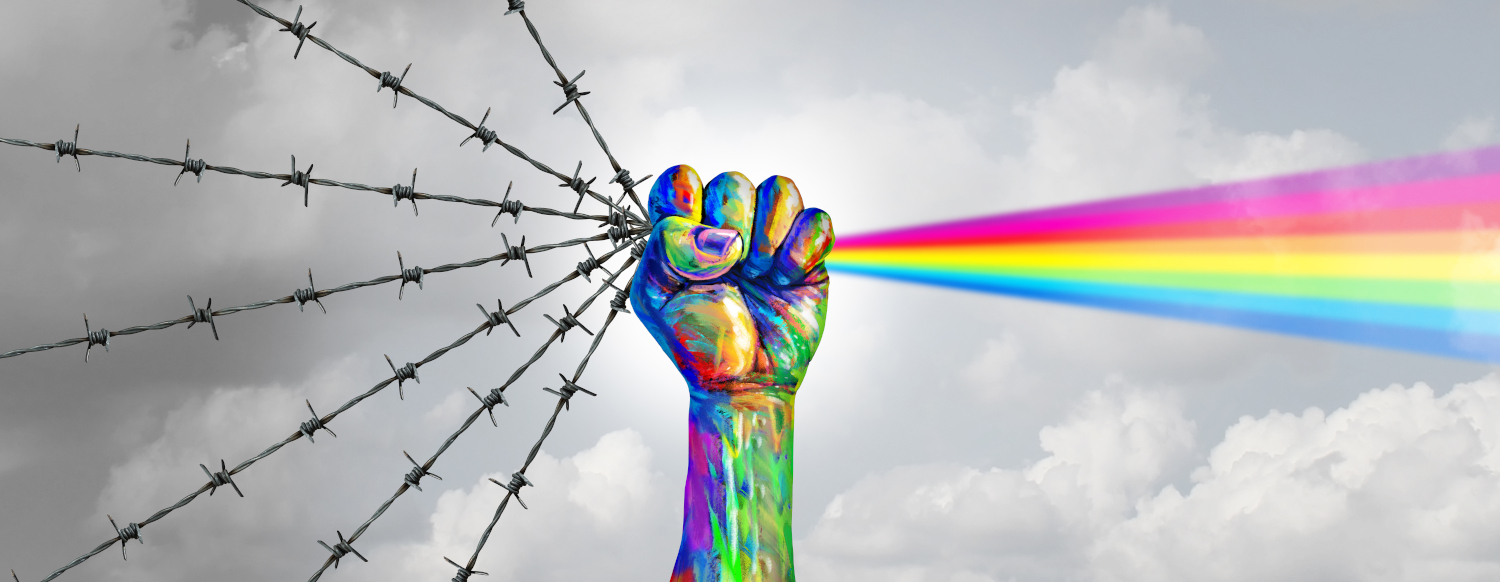
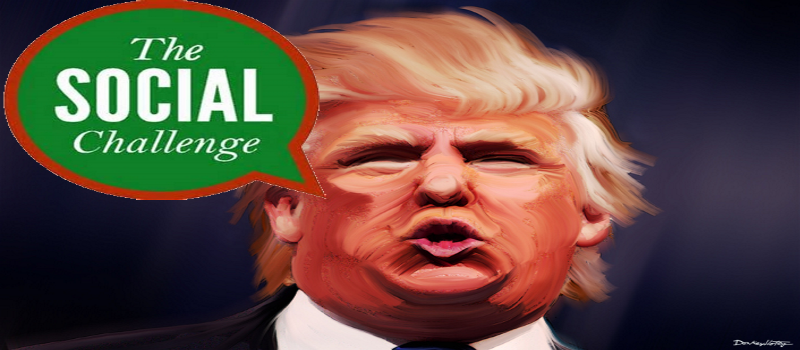
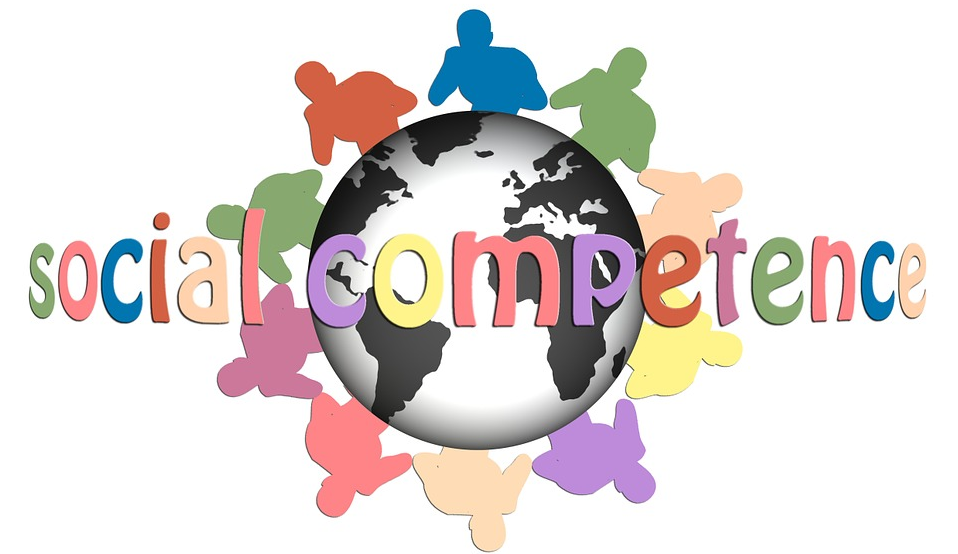
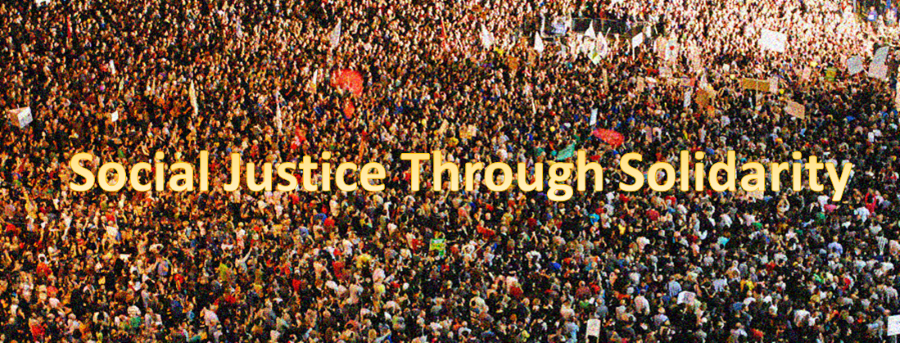
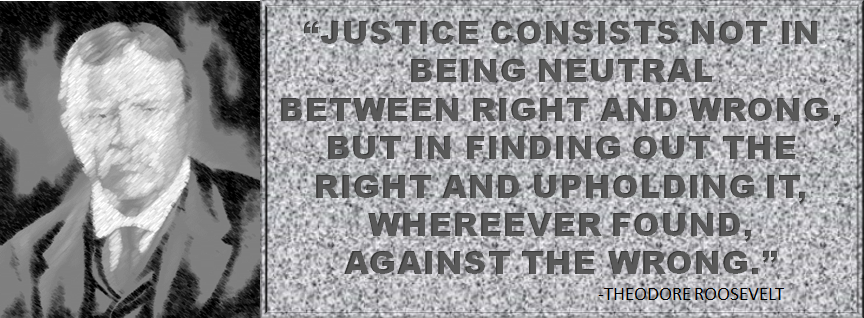
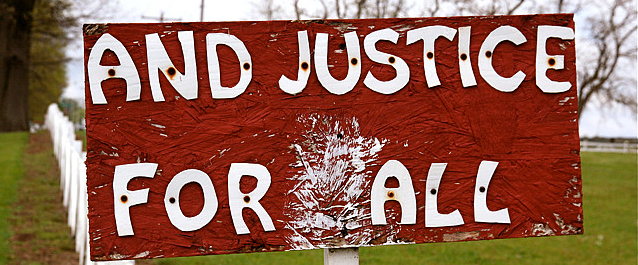


Paula,
I wish you great success with your book. What you are speaking to in large part seems to be the understanding and recognition of our profound interdependence as a human family. In our daily lives all of us are dependent upon so many conditions operating seamlessly to fulfill our needs. These conditions, most of which are assumed and unconscious, and define us we are told. A new car that can parallel park itself, phones that talk…all the shiny objects that seduce us into thinking this is who we are and what we need in western culture. Interdependence then arises as we understand that there is a human cost for bringing us the newest iPhone (which I own) and it shows up in factory conditions in China that harm workers. Yet those workers are grateful for the work. Unless we begin to see that every piece of clothing we wear, every avocado we eat…all of it, has multiple human touch points, all conspiring to provide us with what we think we need for our puny-verse…that place where we site enthroned in our own, often self-absorbed need factory, well never see the need to create a different life.. Our needs or desires have a profound effect and we are not trained to see it. Carbon footprints begin to address this on a positive note. We participate in the colossal greed machines that rule our world now. We must recognize this grand seduction and take heart that our social integrative power can offer a compassionate and inspired counter balance to a world that has become, regrettably, so out of balance. Thank you for your contribution!
Thanks for this most thoughtful response. I love your phrase “puny-verse—that place where we sit enthroned in our own, often self-absorbed need factory”. I am hoping that ‘deep participation’ may help some of move from that self absorption, and see the world around us for what it is, and what it can be.